This fella, john laurits does a good job of walking us through it.
Be sure to read the entire post here.
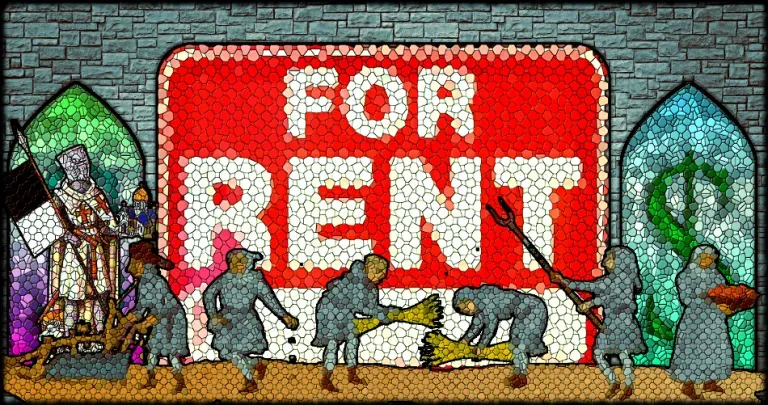
In 2015, studies estimate that US renters paid $535 billion to landlords in residential rents.
To put this in perspective, $535 billion is about enough to give $15,000 to every human being in the US state of California.
It would also be enough to replace every page of every book in the US Library of Congress¹ with $100 bills.
And if a person stood outside of Walt Disney World every day from open to close, handing $30,000 in cash to each individual visitor, it would take a year to hand out $535 billion.
But what exactly did this massive sum of money actually pay for?
Why did people start paying landlords in the first place?
And do lands really need lords?
The Historical Origin of Landlords:
Feudalism & the Medieval Politics of Land
Long before the blossoming of modern technology and the dawn of the industrial era, humanity occupied only a fraction of the lands it does today.
Between the hubs of ancient commerce, an immense wilderness existed that (legally speaking) was the property of no one and even land that had already been settled was likely to be managed communally.
In parts of West Europe, wild and communal lands were (and are still) called “commons” and those who could not or did not wish to make a living in the town often had the option to subsist by farming common land or to join a communal farming-village that was already established.
Similar forms of non-private, custom-based and communal systems of land-use existed across the globe in the pre-industrial ages for tens-of-thousands of years — until a few centuries ago.
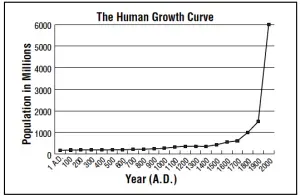
...
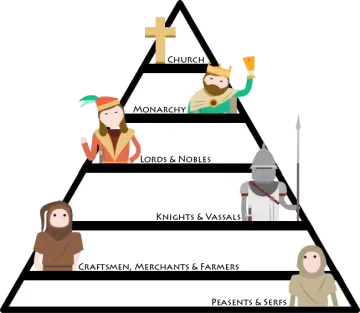
The Historical Origins of Rent
While the warlords, aristocrats, and Church officials who made up the landholding class mostly occupied political, military, and religious roles, it was the peasants who did the work in feudal society.
Unlike the nobility, few peasants had their own land and many were considered serfs (an Old French word related to servant and slave) who were legally prohibited from leaving the land they cultivated without their lord’s permission due to laws dating from the late Roman empire.
In most cases, serfs were bound to work the same land as their ancestors, which meant that serfs were essentially leased along with the land by one landed lord to another.
While free peasants at least could move or be married without permission slips, their circumstances were rarely better.
Since most were landless, landed lords demanded rents from peasants in exchange for the right to work the soil, often paid with daily labor or with a hefty part of the peasant’s own harvest.
Because the Church had forbidden usury (that is, lending at interest), landed lords started to buy and sell leases of land and, by the year 1500, the leasehold had become a common and lucrative way to circumvent the Church’s ban.
The practice of transferring land in the form of leaseholds — which naturally included the feudal right to exploit the labor of serfs and extract rent from its tenants — is what forms the legal foundation for the residential leases that exist across the world today.
...
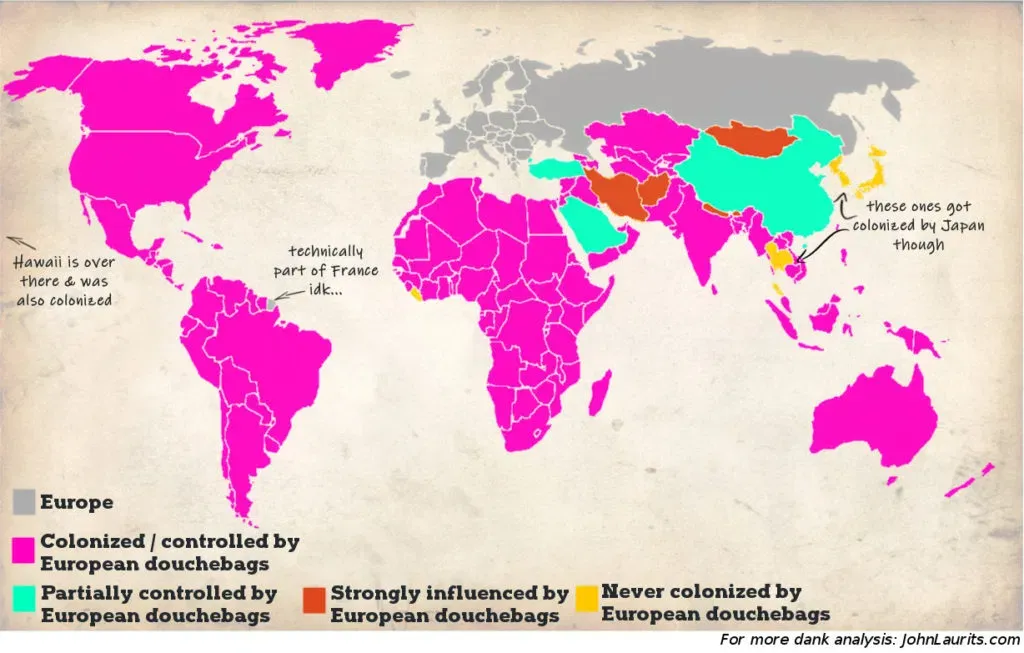
Why Do Landlords Still Exist Today?
Even setting aside the social and legal history that traces the origins of rent collection to feudal entitlements that granted hereditary rights to inbred clans of medieval warlords, there is still the question — why should landlords be entitled to payment at all?
A WORD ABOUT SMALL-SCALE VS. LARGE-SCALE LANDLORDS
Before continuing the discussion, an important distinction needs to be drawn between the small-time “mom-and-pop” landlord and the big-time tycoons and corporate landlords.
The key point of difference is that small-time landlords tend to act as groundskeepers who perform labor, such as landscaping and maintenance, whereas the tycoon and corporate landlords act as shareholders, hiring others to perform the labor of maintaining their properties.
In the interest of fairness, the following discussion will consider small-time landlords to be groundskeepers and exclusively address the large-scale landlords.
...
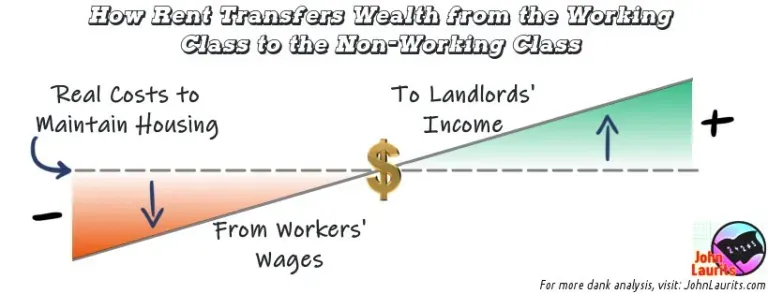
If you only knew the truth of the system that you so vehemently defend, dear reader.
With luck, one day you will.